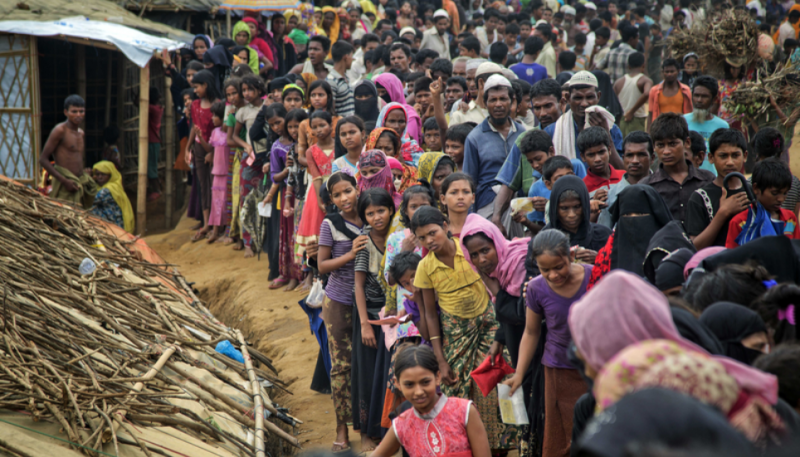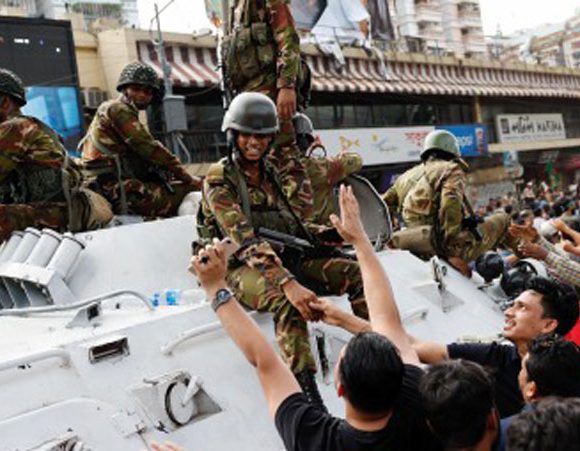UN official worried Rohingyas may become ‘new Palestinians’

The plight of Rohingya refugees in Bangladesh risks turning them into “the new Palestinians,” cautioned a top UN official, highlighting their prolonged and increasingly overlooked crisis.
Olivier De Schutter, UN Special Rapporteur on extreme poverty and human rights, stressed the urgent need to grant the nearly 1 million individuals residing in overcrowded camps in Cox’s Bazar the right to work in their host country. He emphasized that relying on dwindling international aid was not a sustainable solution.
De Schutter, who recently visited Cox’s Bazar, spoke to The Guardian about the dire conditions he witnessed. He described them as “absolutely terrible,” adding that he had rarely encountered people in such a state of desperation.
In recent weeks, a Rohingya delegation visited Myanmar as part of stalled efforts to repatriate individuals. However, hopes for their return have further dwindled following the military coup in Myanmar in 2021.
De Schutter asserted that Myanmar should be held accountable for creating the necessary conditions to ensure safe repatriation. Presently, there is little belief that these conditions have been met.
He underscored the need for greater international attention to prevent the crisis from falling further off the radar, cautioning that without it, the Rohingya could become the “new Palestinians” within a decade.
The Rohingya refugees, who fled brutal military crackdowns in Myanmar in 2017, are effectively segregated from the local community and live in squalid, cramped shelters.
The international outcry over the violence against the Rohingya occurred more than five years ago and led to a genocide case at the UN’s highest court.
However, according to De Schutter, international donors have become increasingly preoccupied with other crises.
Due to a lack of funding, the World Food Programme recently announced a reduction in the monthly food allowance for Rohingya refugees to just $8 per person.
De Schutter warned that when combined with the recent inflation in food prices, this reduction would significantly degrade the refugees’ calorie intake and nutritional quality. The rates of undernutrition, malnutrition among children, and stunting would rise.
The UN official highlighted the critical issue that the Rohingya people are entirely dependent on humanitarian assistance, unable to work and trapped in a state of idleness. He noted that this dire situation has increased gender-based violence.
Security within the camps is highly problematic, with armed gangs controlling drug trafficking across the Myanmar border, leading to gang clashes.
The ongoing threat of extreme weather events further endangers the Rohingya population, particularly exacerbated by restrictions on constructing concrete structures. Consequently, they remain in vulnerable bamboo and tarpaulin shelters.
De Schutter argued that Dhaka’s concern that allowing Rohingya to work would lead them to prolong their stay and burden public services, thereby reducing job opportunities for others, was misplaced. He emphasized that granting them the right to work would enable them to pay taxes and establish small businesses, thereby creating employment opportunities for both refugees and locals.
The government has criticized the international community for its failure to pressure the Myanmar junta into facilitating the safe return of Rohingya to their homeland. Moreover, they have pointed out the lack of international funding to support the refugees.

















